"It's 21st century common sense."
by Rima Mulla, Communications Associate, Second Nature
In tandem with the dedication of its Shi Center for Sustainability earlier this month, Furman University hosted a panel discussion entitled “Greening Our World: Sustainable Colleges, Corporations, and Communities.” It was moderated by New York Times environmental reporter Andrew Revkin and, in addition to former New Jersey Governor and EPA Administrator Christine Todd Whitman, featured four Second Nature board members:
George Bandy, Jr., Vice President for Sustainability Strategy and Diversity at InterfaceFLOR
David Hales, President of the College of the Atlantic
Nilda Mesa, Assistant Vice President for Environmental Stewardship at Columbia University
David Shi, President of Furman University
The absorbing discussion kicks off with Revkin asking each panelist to definesustainability. Here are some excerpts from their answers:
- Read more about "It's 21st century common sense."

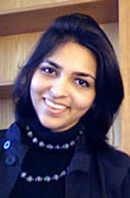 Earlier this month, I traveled to Nashville, TN, where I attended the
Earlier this month, I traveled to Nashville, TN, where I attended the 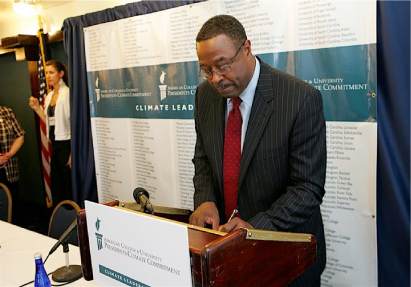


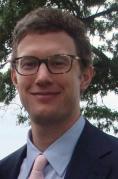 A couple of weeks ago I had the opportunity to visit
A couple of weeks ago I had the opportunity to visit 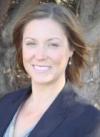 On January 21, 2010, I joined a wonderful group of colleagues to present a workshop “A New Generation of Sustainability Leadership: The Role of Higher Education in Building a Green Economy” at the
On January 21, 2010, I joined a wonderful group of colleagues to present a workshop “A New Generation of Sustainability Leadership: The Role of Higher Education in Building a Green Economy” at the 
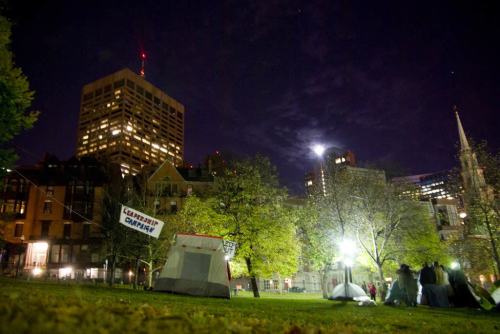
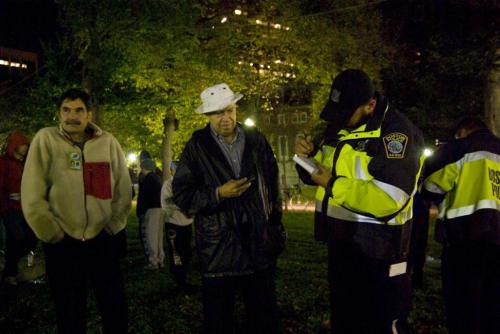
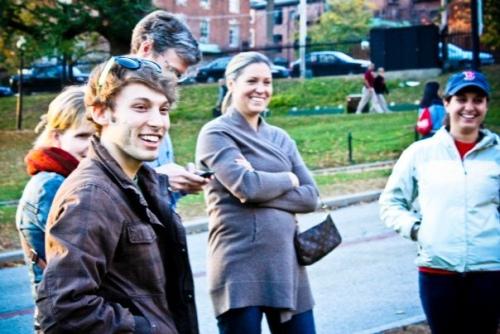
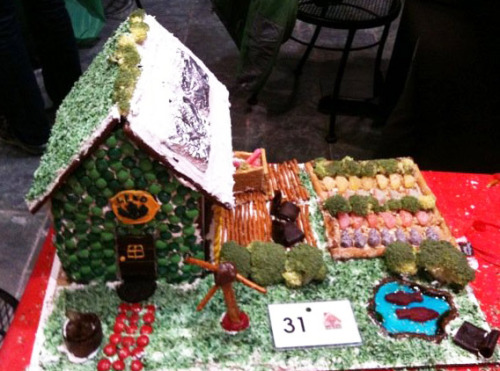

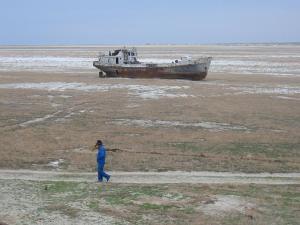
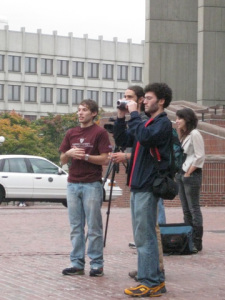
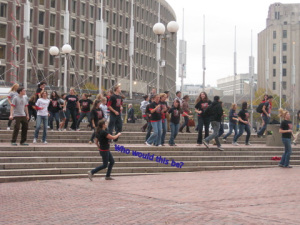
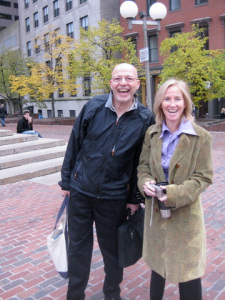
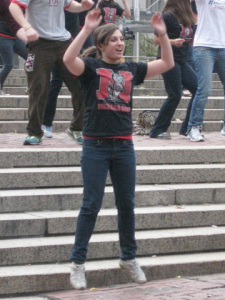
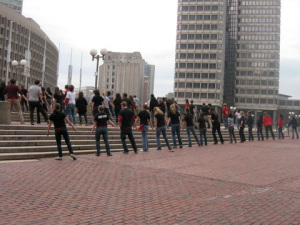
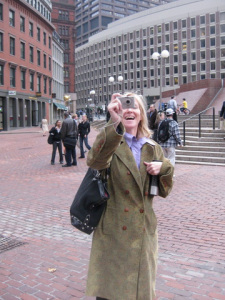
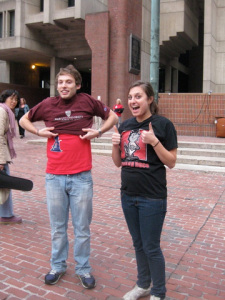
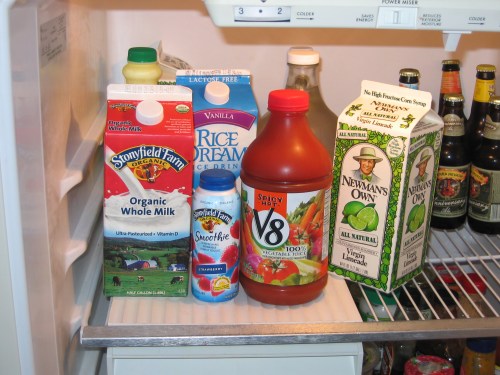
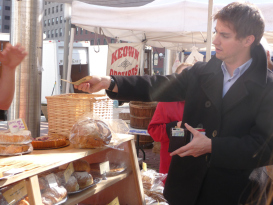
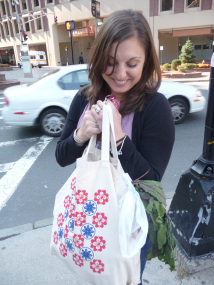
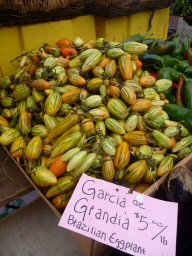
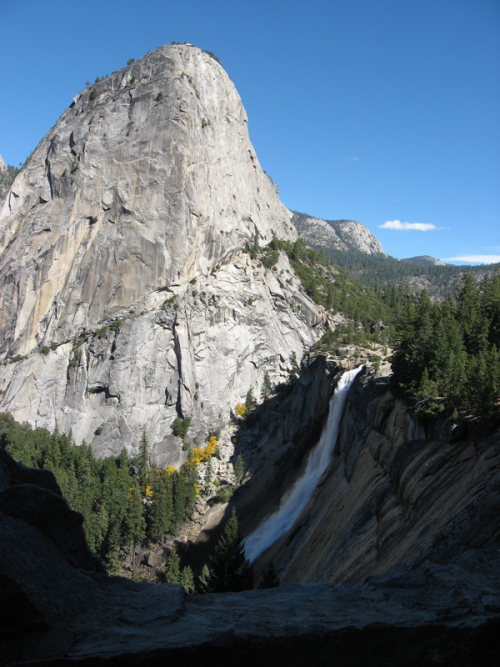
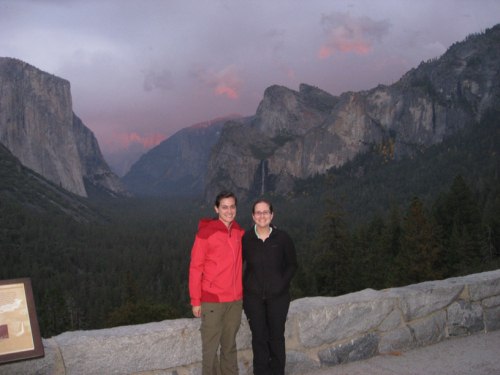
 Sunday was Consumption day. Our challenge: to live a fuller and happier life by buying less stuff. This one was fairly easy for me because I generally don't buy that much stuff anyway (between me and my eco-frugalisto husband we keep our total purchasing in check fairly well.) Anything I do purchase I always try for the item least impact, even if it means spending more. I admit that I did buy a ticket to the
Sunday was Consumption day. Our challenge: to live a fuller and happier life by buying less stuff. This one was fairly easy for me because I generally don't buy that much stuff anyway (between me and my eco-frugalisto husband we keep our total purchasing in check fairly well.) Anything I do purchase I always try for the item least impact, even if it means spending more. I admit that I did buy a ticket to the